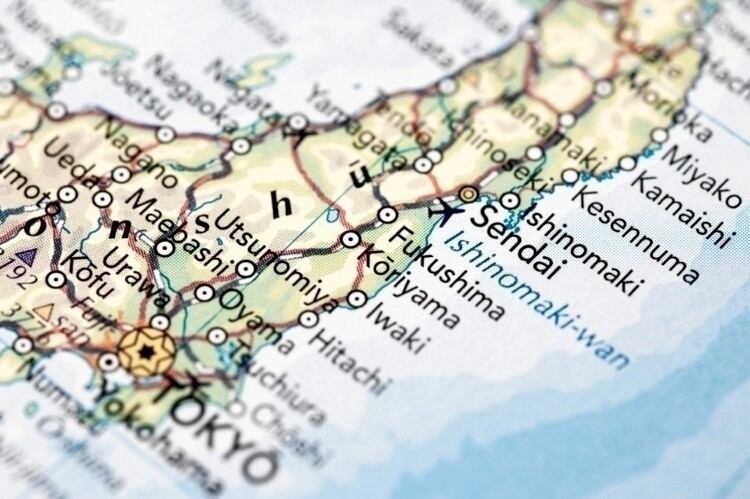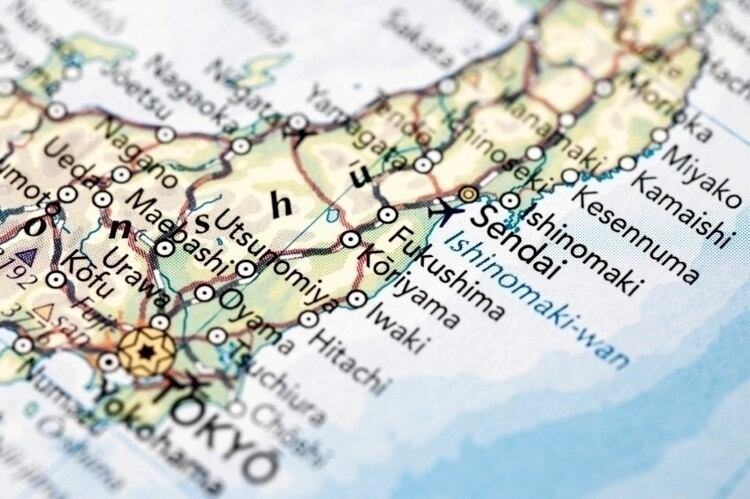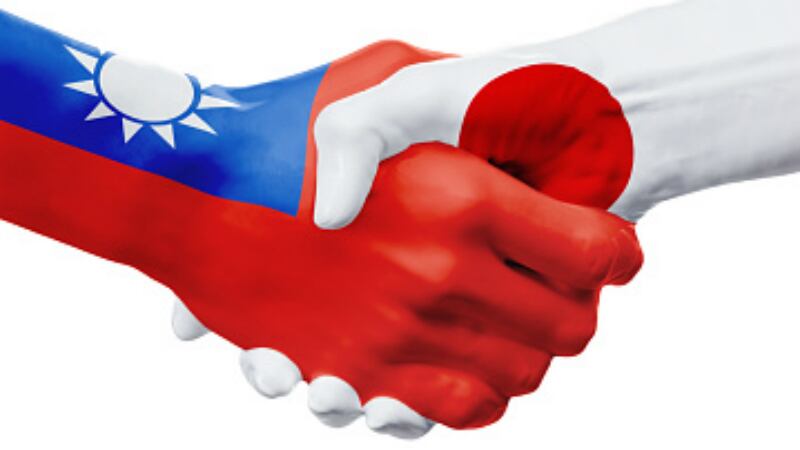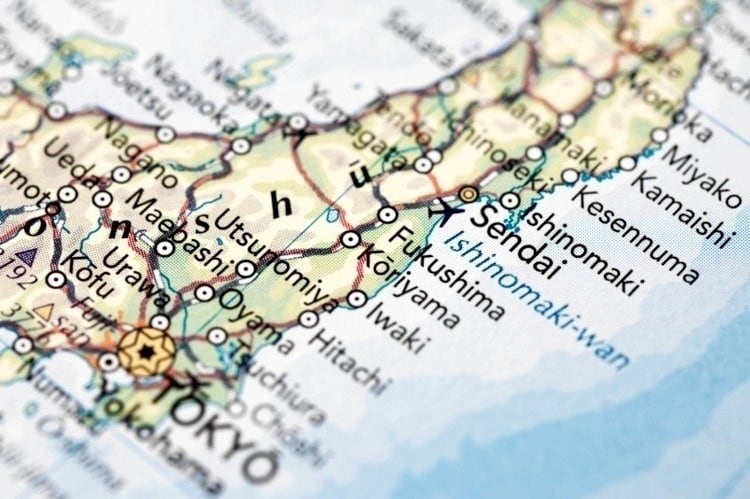In February last year, a WTO dispute body had deemed South Korea’s ban on seafood from Fukushima to be ‘arbitrarily and unjustifiably discriminate against Japanese products’, and the ban looked set to be lifted.
South Korea appealed this result, and earlier this month the WTO Appellate Body overturned the ruling, which means that current trade restrictions on Japanese seafood will remain in place.
Decisions made by the Appellate Body are considered to be final.
In an official statement, the South Korean Ministry of Trade, Industry and Energy (MoTIE) said: “The South Korean government highly appreciates the WTO’s ruling and welcomes the decision.
“[We] will do our best to manage the safety of imported food so that only the food whose safety has been confirmed can be reached to the table of the people and in this process, the government will strengthen [our] communication by gathering public opinion.”
The appeal only focused on the dispute panel’s interpretation of WTO rules. No discussion was held surrounding contamination levels in the debated Japanese products, or other aspects of consumer protection.
Japan on the other hand was less than ecstatic about the decision. In a press conference, Japanese Minister of Foreign Affairs Taro Kono emphasised the scientifically-assessed safety of Fukushima food products, and demanded follow-up response from South Korea.
“[The] continuation of meaningless import restrictions will have a major impact on the bilateral relations,” said Kono.
“[It] is extremely important that in the report, [the] Appellate Body [recognised] that Japanese food products are safe based on science, and fully clear the Republic of Korea (ROK)’s safety standards. [Based on this], the ROK needs to immediately repeal these import restrictions.
“[If it is recognised that] import restrictions must be implemented on a scientific basis, the ROK has lost its basis for its import restrictions. If [the country is] in the position of respecting international laws, I believe it will take the measure of repealing the import restrictions as quickly as possible.”
Kono also protested the suitability of that the WTO Appellate body in making this decision, saying that it has a standing body of seven people, but ‘currently barely only has three members’.
“Unless members are nominated, the Appellate Body will not function and be in a quite desperate situation.
“The Appellate Body’s current functions should be firmly maintained for areas such as creating rules on ecommerce and the digital economy within the WTO.”
In a statement, the Japanese Ministry of Agriculture, Forestry and Fisheries described the ruling as ‘extremely regrettable’, and that it ‘did not acknowledge that South Korea’s measures comply with WTO rules’.
“There is no change in Japan’s position of demanding that South Korea lift all the restrictions and we will pursue this via talks with South Korea.”
Kono added that he had also requested ‘firm response’ from South Korea’s ambassador to Japan. That said, ‘nothing in particular is planned’ in terms of higher-level appeals at this time.
History of South Korea-Japan legal row over Fukushima foods
Following the March 2011 nuclear disaster in Fukushima, South Korea had banned seafood imports from eight Japanese prefectures near the region, whereas other Japan-sourced food products were subject to stricter tests and requirements.
In 2015, Japan lodged a complaint with the WTO, saying that the continued restrictions were too harsh considering that radioactive levels had been scientifically found to be safe and countries like Australia and the United States had already removed or eased restrictions.
The WTO dispute court had ruled last year for the ban to be lifted, but the Appellate Body decision has repealed this.
After the Fukushima disaster, over 54 countries had restricted Japan food imports. According to the Japanese Ministry of Agriculture, Forestry and Fisheries, as of March 2019 about 23 had yet to lift these.
Responding on queries regarding the resistance to lifting the ban in several countries, Kono added that this was likely due to ‘domestic political issues and political considerations’.
“In the case of the recent referendum in Taiwan, when the ruling and opposition parties switched positions, their opinion also changed,” he said.
In November last year, the Taiwanese public voted to continue the country’s ban on what were deemed ‘nuclear foods’ from the Japanese prefectures of Fukushima, Ibaraki, Tochigi, Gunma and Chiba.





